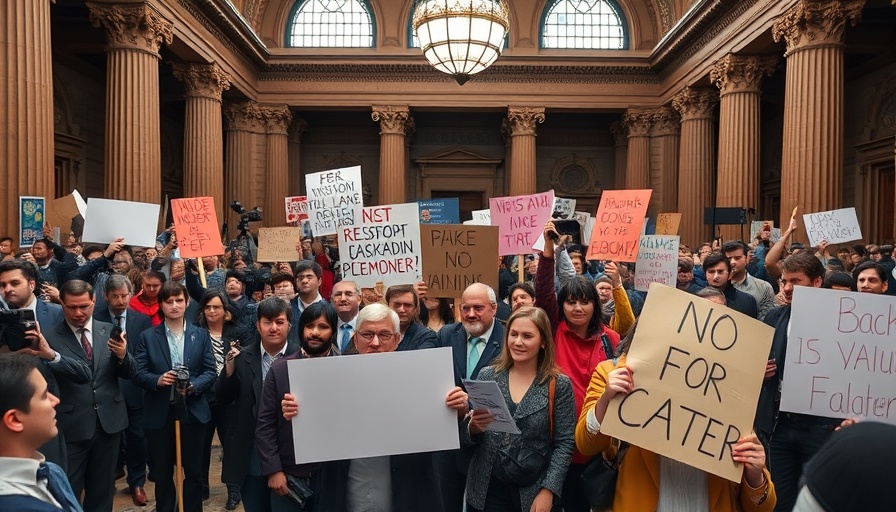
Understanding the Landscape of Texas Education for Undocumented Students
In recent weeks, Texas colleges have found themselves facing a significant challenge regarding tuition for undocumented students. Following a controversial ruling, universities are now scrambling to navigate a new ban that restricts in-state tuition benefits for these individuals. This decision brings to light the complex landscape of education access in a state often at the forefront of immigration debates.
The Ruling's Impact on Universities and Students
The ruling stems from a vital legal challenge that asserts undocumented students should no longer receive the same financial benefits as their peers. Institutions across Texas, including those in major cities like Houston and Dallas, must quickly adapt to these changes, which may lead to rising tuition costs. Many undocumented students, already facing barriers to accessing higher education, are now left uncertain about their academic futures.
Real Stories from Affected Students
This recent ban has sown confusion not just among universities but primarily among the students who fear what this will mean for their education. Numerous students have claimed that even the prospect of increased tuition discourages them from pursuing their academic dreams. Many had worked diligently, hoping to secure a better future through education, but feel their efforts may now be in vain.
Political Reactions and Broader Implications
The reaction of lawmakers to the ruling has been split along predictable partisan lines. Some see this as a necessary correction, emphasizing the need to preserve state resources for legal residents. Others argue that education should be accessible to all residents, regardless of immigration status, for the benefit of society as a whole.
Responses from Educational Institutions
Texas universities have begun responding to this new legal reality, some announcing scholarships aimed at offsetting the potential loss of in-state tuition. These scholarships highlight the commitment of many colleges to support students irrespective of their immigration status, yet they still do not fully bridge the gap created by the ban.
Future Directions and Considerations
As the situation evolves, the implications of this decision are yet to be fully realized. Observers predict that this could spark a broader discussion on educational equity within the state, potentially leading to new policies aimed at addressing the needs of all students, regardless of their backgrounds. Educational access is not just a personal ambition for many; it is a societal investment that reflects the values of the community.
What Needs to Change?
To truly understand this issue's complexity, stakeholders from all sides must come together to advocate for more inclusive policies. This includes recognizing the contributions of undocumented students to the workforce and economy of Texas. In times where Texas is poised to be a leader in various sectors, failing to educate all of its residents may hold back the state’s growth.
An Urgent Call to Action
There’s an urgent need for community and political engagement to ensure that education remains a right rather than a privilege dictated by immigration status. Addressing this may require grassroots campaigns, advocacy for policy reform, and increased awareness of the issues surrounding undocumented students across Texas.
 Add Element
Add Element  Add Row
Add Row 



Write A Comment